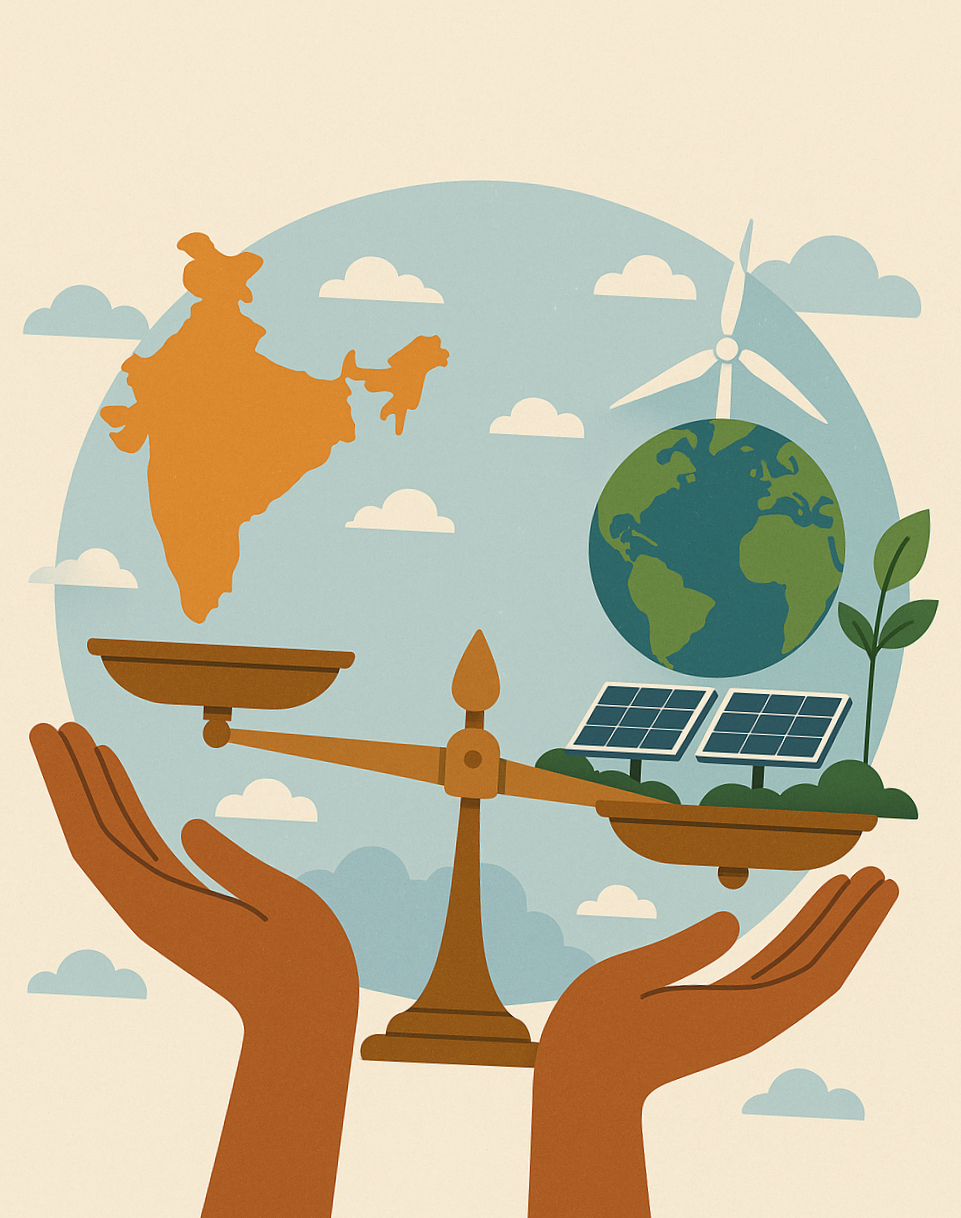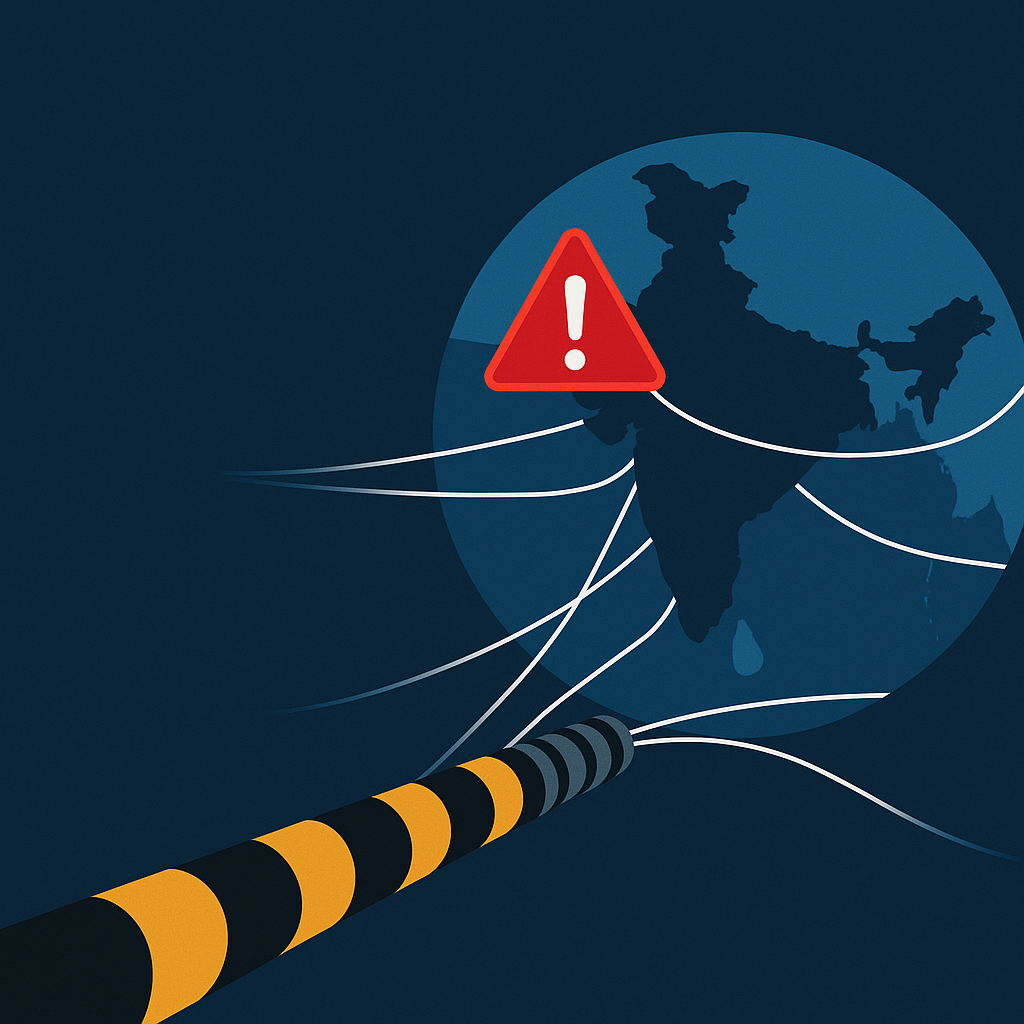The term, "Christ-Buddha path to Korean unity" refers to the need for the North Korean leadership to show the wisdom of Lord Buddha and for the South Korean side to exhibit the compassion of Jesus Christ. The window for a peaceful unification of an ancient country will close within four years, as by that time, the North Korean Leadership (NKL) would have succeeded in weaponising its nuclear devices and delivery systems sufficient to devastate both Japan and South Korea, a risk impossible to consider, much less accept.

Perspectives on India’s Indigenous Nuclear Energy Programme: An Interview with Dr Anil Kakodkar
Many, who had sounded the death knell to Russia after the disintegration of the erstwhile Soviet Union in 1991, have been proved wrong. Some even thought it was the beginning of Russia’s ‘Monroe Doctrine’? However, with 12.5 percent of the landmass of the earth’s land surface as its sovereign territory, encompassing two continents bounded by two oceans and sharing its borders with over a dozen countries; it has little choice but to get involved in the rough and tumble of the world’s geopolitics.

Dealing with North Korea’s Strategic Breakout
Since the past couple of years, India is still discussing whether Daesh is a real time threat or is it waning. Interpretations, therefore, depend from person to person. Taking no chances, Indian security and intelligence establishments, under difficult circumstances, have done a commendable job in preventing departures of youth to Syria and Iraq, and most importantly, unearthed modules from a few Indian states.

The “Christ-Buddha” Path to Korean Unity
Narendra Modi's 'Act East' through the Northeast is a bold move to situate the country's long-troubled far frontier region at the heart of the country's geo-economic outreach into South-east and East Asia, whose Tiger economies provide one of the best long-term option for India’s economic future.

Is Russia Winning her Roulette?
East Asia is where the Cold War first turned hot, and remained frozen for more than seven decades. Donald Trump’s election in the United States (US) timed with China’s military and economic expansion puts an end to status-quoist policies, as much of the architecture of the region (its values and institutions) now stands challenged. This article thus traces four new shifts in East Asian geopolitics.
Farewell to Liberal Hegemony

Less Recruitment Doesn’t Mean Less Threat: Daesh and India
The 1950–53 Korean War ended in a stalemate because the United States followed the same strategy of what may be termed “truncated objectives” that was in play during the 1990–91 campaign by mainly the US forces against the Iraqi armed forces led by Saddam Hussein. That campaign deliberately stopped short of occupying the country and removing the Baghdad-based dictator from power, exactly as the Korean War ended with Kim Il Sung still in power in Pyongyang.

‘Act East’ through Northeast: A Challenge for India’s Neighbourhood Policy
Nuclear weapons have been shaping the conduct of power politics in South and Southern Asia particularly since Indian and Pakistan tested nuclear weapons in 1998. Pakistan-India-China is a unique triangle in the world where all these three nuclear weapon states share the geographical boundaries with each other. These states do have reasonable missile capabilities too. There are some variations amongst these states in regards to their nuclear weapons holdings however; every state is anticipated to have a minimum of around 100 weapons each.

Four Reasons Why East Asian Geopolitics is at a Critical Juncture
India from having primarily a continental strategic outlook for most part of the 20th century has started to expand its strategic horizon beyond the South Asian and Indian Ocean regions to the wider regions of the Indo-Pacific in an effort to establish itself as a Great Power in the 21st century. The Indo-Pacific is important to New Delhi’s strategic outlook as it helps transform India from being a continental power to a competing maritime power in the international system.

The Allies have Just Four Years to Avoid a Second Korea War
China has gone around Asia, particularly, Southeast Asia telling countries to behave because they are smaller than China. Beijing however, is strangely more diffident when it comes to Pyongyang’s consistently cocking a snook at it and also complicating China’s regional security environment at the same time.

China’s Objection to India’s Agni IV & V Tests
A joint military exercise has been planned between Nepal and China to be held in February, 2017 causing serious discomfort to India’s strategic interests. The joint military exercise, first of its kind between the two countries, named Pratikar-1, will be training the Nepalese armed forces to deal with hostage kind of scenarios involving foreign terror groups.









